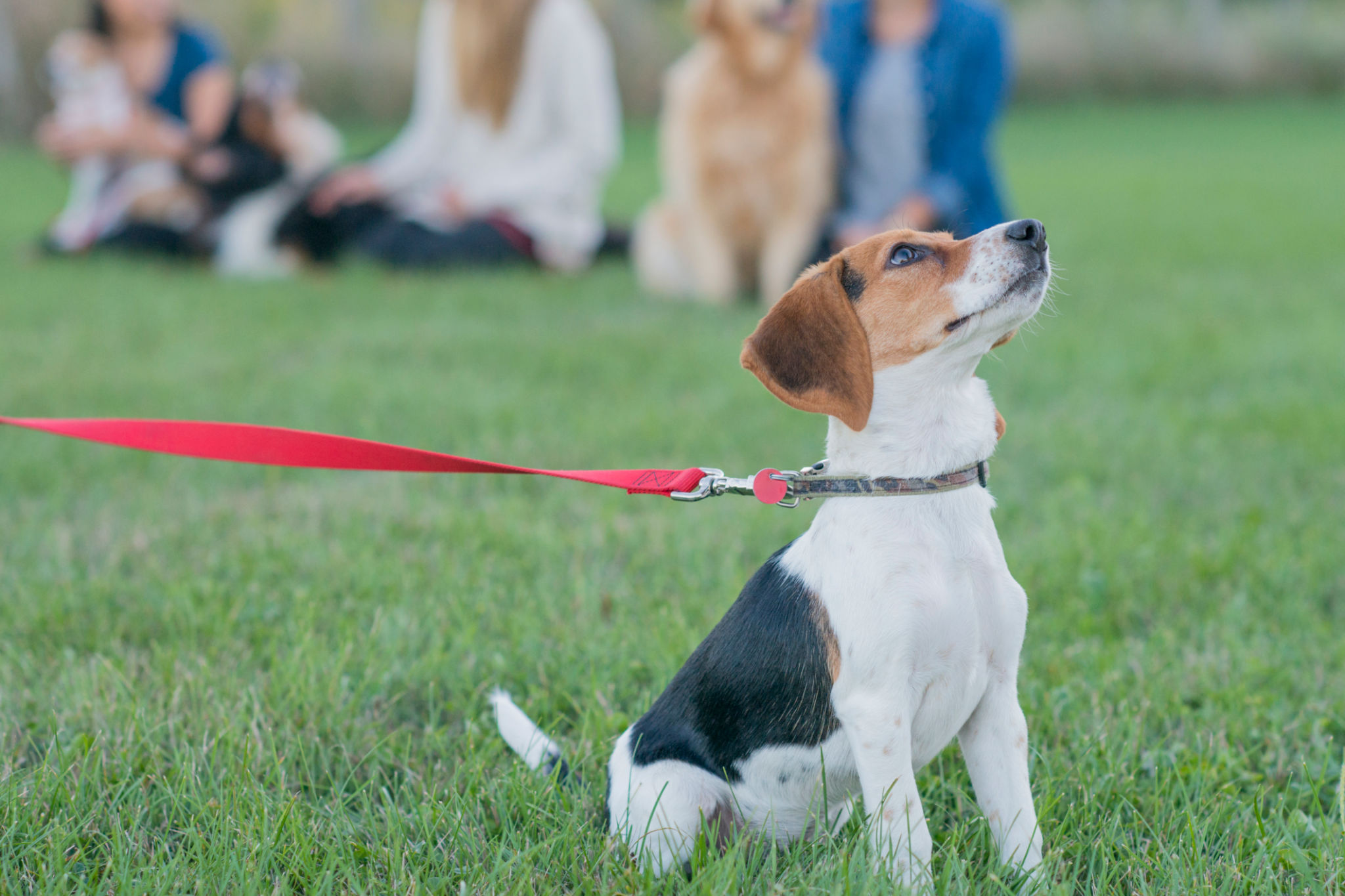How to Train a Rescue Dog: Tips and Techniques
Understanding Your Rescue Dog
Bringing a rescue dog into your home is a rewarding experience, but it often comes with unique challenges. Many rescue dogs have experienced trauma or neglect, which can lead to behavioral issues. Understanding your dog's background and needs is the first step in effective training. Take time to observe their behavior and note any triggers or stressors that may affect them.
Building trust is crucial. Spend quality time with your dog to create a bond. Consistent routines and a safe environment help them feel secure and loved. Patience is key as you both adjust to this new relationship.

The Importance of Positive Reinforcement
Positive reinforcement is an effective training method for rescue dogs. This approach involves rewarding desirable behavior to encourage its repetition. Use treats, praise, or playtime as rewards to reinforce good behavior. Avoid punishment, as it can lead to fear and anxiety.
It's important to be consistent with commands and rewards. Dogs thrive on routine, so maintaining a consistent training schedule will help them understand what's expected of them. Remember, patience and repetition are vital components of successful training.
Basic Commands and Obedience Training
Teaching basic commands is essential for your rescue dog's safety and your peace of mind. Start with simple commands such as "sit," "stay," and "come." Use clear, concise words and gestures to communicate with your dog. Practice these commands in different settings to ensure your dog can respond in various environments.

Obedience training classes can be beneficial, providing socialization opportunities and professional guidance. Look for classes that utilize positive reinforcement techniques and welcome rescue dogs of all backgrounds.
Addressing Behavioral Issues
Rescue dogs may exhibit behavioral issues such as separation anxiety, fearfulness, or aggression. Identifying these issues early allows you to address them effectively. Professional trainers or behaviorists can offer valuable support if you're struggling to manage specific behaviors.
Consistency in training and daily routines will help your dog feel more secure, reducing anxiety and stress-related behaviors over time. Encourage positive social interactions by introducing your dog to new people and pets gradually.

Enrichment and Mental Stimulation
Mental stimulation is as important as physical exercise for rescue dogs. Provide toys, puzzles, and games that challenge your dog’s mind and keep them engaged. Enrichment activities can reduce boredom-related behaviors and improve overall happiness.
Incorporate training into playtime by teaching new tricks or practicing commands during fun activities. This approach not only reinforces learning but also strengthens your bond with your dog.
Celebrating Progress
Training a rescue dog requires time, patience, and dedication. Celebrate small victories along the way to maintain motivation for both you and your dog. Recognize progress with treats, affection, or extra playtime.
Remember that every dog is unique and may progress at their own pace. By providing a loving home and consistent guidance, you'll help your rescue dog become a well-adjusted member of your family.
